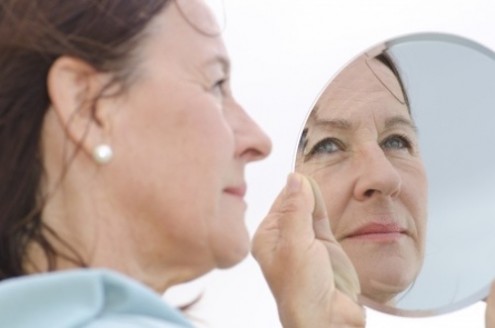The term might have started off as a joke, but many women are identifying with this phenomenon.
This condition actually exists. The severity depends on the shaping and lines of your face. For example:
- Thin lips = mean, older, strict/stern
- Lines/folds around the mouth or down from the corners = mean, unapproachable, unfriendly, harsh, scowling
- Beady, non-open looking eyes = shifty, tired, uninterested, apathetic, bored/boring
- Deep folds/lines between the eyes = angry, grouchy, stern, scolding
- Low, flat arched eyebrows = tired, stressed, exhausted
- Too-high arched eyebrows = giddy, ditzy, hyper
- Low eyebrows folded towards the center = judgmental
- Large, non-refined or bottom-heavy nose = masculine, non-feminine, rough, older
What can be done to each feature to combat Resting Bitch Face?
Lyle Back, MD, joins Dr. Leigh to discuss what resting bitch face is and how you can reverse it.

 Originally from New York City, Dr. Lyle M. Back, M.D., F.A.C.S., graduated with honors from Rutgers Medical School. He completed his surgical training at Ohio State and is an ABMS Board Certified Surgeon in both General Surgery (ABS) and Plastic Surgery (ABPS). Dr. Back is a Fellow of the American Academy of Cosmetic Surgery (AACS) and a longstanding member of the American Society of Plastic Surgeons (ASPS).
Originally from New York City, Dr. Lyle M. Back, M.D., F.A.C.S., graduated with honors from Rutgers Medical School. He completed his surgical training at Ohio State and is an ABMS Board Certified Surgeon in both General Surgery (ABS) and Plastic Surgery (ABPS). Dr. Back is a Fellow of the American Academy of Cosmetic Surgery (AACS) and a longstanding member of the American Society of Plastic Surgeons (ASPS).